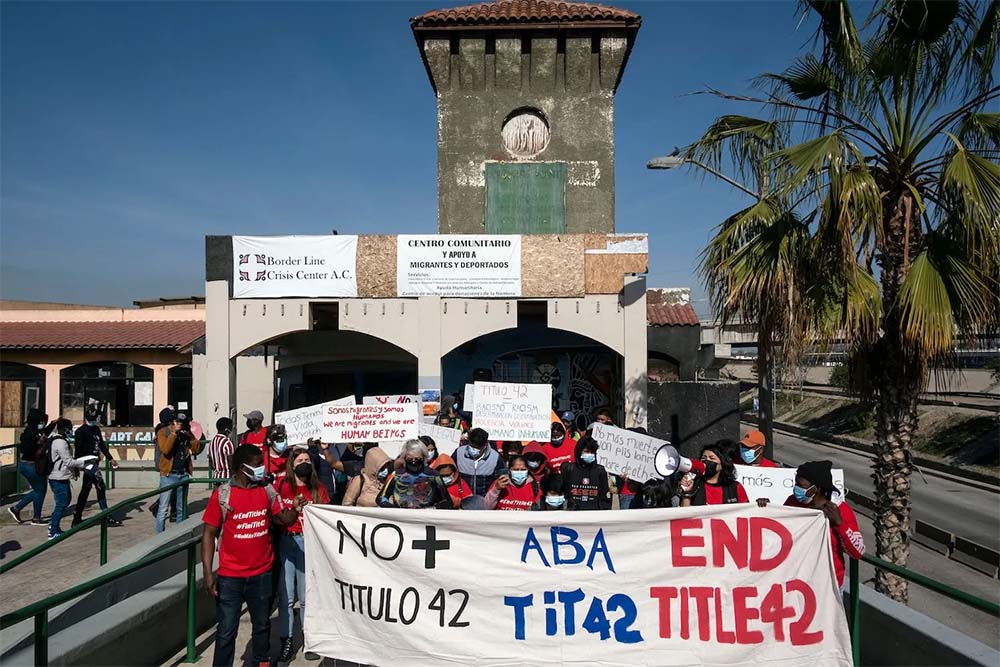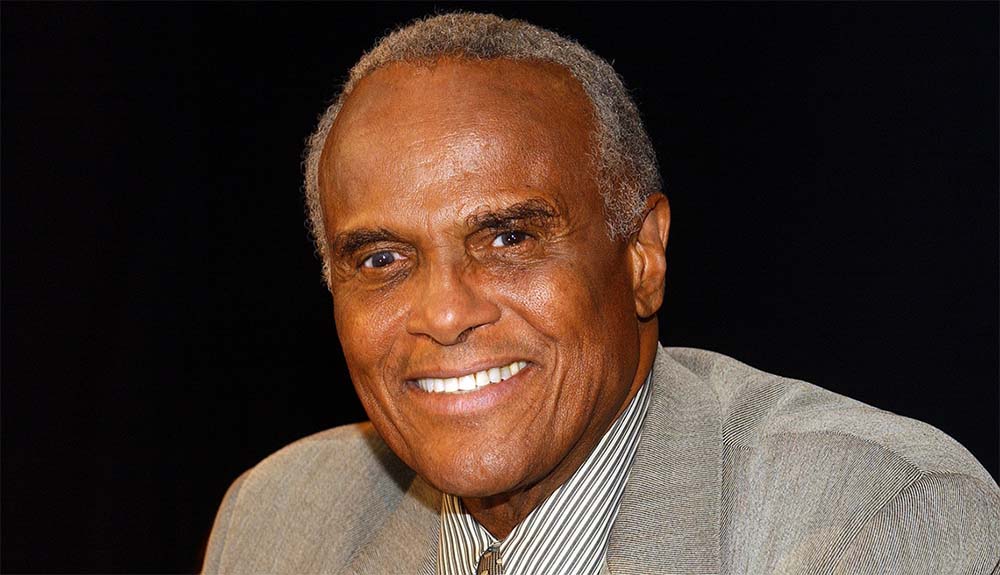by Magdy Zara
A marvelous play written by playwright Brian Quijada, premiered on the West Coast on May 4, inviting us to reflect on the racial differences that still generate inequality, in one of the most multiracial countries that exists.
The play takes place during a third grade class, in which a teacher talks about the civil rights movement and the story of the fighter Rosa Parks, at which time a Latina girl raises her hand to ask: “Where do we sit in the bus?” Her teacher doesn’t know what to answer to this question.
Brian Quijada is an Emmy-nominated playwright, actor, and composer whose original work has been developed and produced across the country.
The stage piece is perfectly performed by Satya Chávez, a dynamic actress, singer, multi-instrumentalist, songwriter, and intersectional feminist, and infused with Latin rhythms, hip-hop, and live loops.
This solo exploration follows that girl into adulthood as she navigates growing up in an immigrant family, her identity as a first-generation American, and what the world would be like for her children. Where do we sit on the bus? is a high-octane theatrical experience that examines what it means to be Latino in the United States.
Where do we sit on the bus? It premiered on May 4 and will be on display until the 28th of this month, at 397 Miller Avenue, Mill Valley.
To purchase tickets, contact the telephone numbers 415.388.5200 Fax: 415.388.0768.
Small Business Week Celebrates Latino Startups
From May 8 to 12 of this year, the XIX Annual San Francisco Small Business Week will be taking place, which is carried out with the purpose of celebrating the strong and vibrant community of small businesses that make life in San Francisco. Programming will focus on meaningful information and resources for small business owners at every point in their business journey, including activities related to Latino entrepreneurship.
The inauguration will be a special event, to be held on May 8th and will take place in The Green Room, the theme will be “Equal Change”. The evening will feature a small business market highlighting a diverse array of 10 local entrepreneurs, a musical performance by violinist Rose Crelli, a performance by EyeZen’s OUT of Site: Sylvester, The Mighty Real, elevating the hidden history of the company itself. international disco diva from San Francisco, gender non-conforming personality Sylvester, and a bar set up with signature cocktails. The evening will also feature delicious food from local restaurants Local Kitchen, Social 303 Smokehouse, Buena Vida Cantina and Bambú Asia.
San Francisco Small Business Week is organized by the SF Chamber of Commerce and will have a varied theme, including a space to celebrate Latino entrepreneurs and a Fireside Chat: Intersection of Latino and Women-Owned Businesses ; in addition to a presentation on how to start selling in the Amazon store; Wells Fargo will present a state of the San Francisco economy; there will be a discussion with economist Jackie Benson on selecting a retirement plan for her small business; an introduction to online advertising in 2023 will be given in just three steps and many more activities.
The opening of this long-awaited event will be on Monday, May 8 at 5 p.m. in The Green Room at the San Francisco War Memorial & Performing Arts Center 401 Van Ness Avenue San Francisco, CA 94102, tickets will be $20 for members of the San Francisco Chamber and $40 for non-members.
For more information, please contact Somiah Handy at shandy@sfchamber.com.
SF School of Flamenco presents “Traveling through a World without Time
After three years away from the stage, the flamenco company from San Francisco returns with joy to show its work Transitar por un Mundo sin Tiempo, which is part of the 57th season presented at home.
The San Francisco flamenco school was founded in 1966, which is why it is considered the oldest in the Bay Area, and currently presents an explosive experience of more than an hour of music and dance; directed by the bailaora Carlota Zertuche, who fuses flamenco with live electronic music, the trumpet, the violin and the electric guitar.
On this occasion, all the musical compositions were written expressly for this show.
As the artist explained, this show was inspired by a trip she made to Jordan in 2021, during a time of many restrictions due to Covid. She says that “visiting the Wadi Rum desert, in particular, was one of the most incredible experiences of my life: a peaceful energy surrounded me like an inexplicable force. I felt the sensation—with the light, the endless red sand, the clear stars in the night sky—that time had ceased to exist, that everything was perfect, that anything could happen. Flamenco for me also has that inexplicable energy, and I would like the audience to feel those same emotions, even if it is during the hour and 15 minutes of the show”.
Regarding the rest of the artists that will be on stage, it was learned that the world-renowned Spanish guitarist, Juani De La Isla, will lead the musical journey. De La Isla is a highly respected flamenco guitarist from the island of San Fernando, near the port city of Cádiz, in Andalusia, in southwestern Spain. Renowned Spanish musician Diego Amador (Jr.) will bring his vocal and piano style to the ensemble. Adrián Santana, a bailaor from Malaga, will join Zertuche on stage. This will be Santana’s debut with the company and his first performance in San Francisco.
Elegance, strength and passion are the words that identify this production, which will be presented this Saturday, May 13, at 8 p.m., at the Herbst Theater, located at 401 Van Ness Avenue, San Francisco.
Ticket prices range from $25 to $55.
For more information, visit www.teatroflamenco.org
The well-known Venezuelan comedian Nacho Redondo in SF
Nacho Redondo, Venezuelan comedian included the city of San Francisco in his world tour.
Redondo, is a Venezuelan comedian and writer known for his stand-up career as a black humor comedian.
In Spanish and with a very particular style, Nacho Redondo is on an international tour that includes countries in Europe and Latin America, and now he is here to grace the stages of the United States with his 2023 tour, Huevo de Dragon.
Nacho is known for his outstanding stand-up comedy and his popular podcast, “Escuela de Nada.” He has been a guest on Tom Segura en Español, opened for Russell Peters and collaborated with other notable comedians to accompany his successful singles. Nacho has had 2 previous tours at all the major comedy clubs in the US and has written a new hour to share with his fans!
His presentation in San Francisco will be on May 16 at 8 p.m. at Cobb’s Comedy Club 915 Columbus Avenue San Francisco, CA 94133.
For more information for tickets through the telephone number 415.928.4320 or the page: https://www.cobbscomedy.com/EventDetail?tmeventid=G5vYZ9JRCHfht&offerid=0









